
On November 14, Orthodox churches commemorate Saints Cosmas and Damian, who lived in Asia Minor at the turn of the 2nd and 3rd centuries. In the folk calendar, this day, dedicated to the brothers who healed many people, is called Autumn Kuzminki or Kur'ya Name Days. In the past, girls prepared festive treats, inviting young men to join them.
The holy unmercenaries Cosmas and Damian lived in Asia Minor in the late 2nd – early 3rd centuries. The brothers lost their father early, and their mother took care of their upbringing. When she fell ill, she sought help from Saint Theodotia.
Theodotia was a pious and decent Christian, and it was in her spirit that Cosmas and Damian grew up. As they matured, both chose the path of healing. They were taught by an elderly healer who possessed many secrets of this difficult science.
According to legend, the brothers healed not only physical ailments but also mental suffering. Due to their selfless service to God, they were endowed with the gift of miracles. For their work, they never accepted money, following the commandment of Jesus Christ: “Freely you have received, freely give.” That is why Cosmas and Damian were called unmercenaries.
One day, a hopelessly ill woman came to them, and the brothers healed her. In gratitude, she brought Damian three eggs and persuaded him to accept them in the name of the Holy Trinity. When Cosmas learned of this, he was so shocked and offended by his brother's action that he quarreled with him. The quarrel was so serious that he even bequeathed to be buried separately from Damian.
It is unknown how their quarrel would have ended if one day the old healer who taught the brothers to heal people had not lured them into the mountains with the intention of killing them. He did this out of envy, as his students had surpassed him in skill.
When Christians mourning the loss of the brothers found their bodies, they decided to bury them separately. However, the camel that the brothers had healed from rabies unexpectedly spoke in a human voice and said that Cosmas and Damian should be buried together. And so it happened.
Folk Calendar: Autumn Kuzminki
The holiday “Kuzminki” is celebrated twice a year. The summer Kuzminki falls on July 14 and is called “Women’s Day,” dedicated to women and girls. The autumn Kuzminki is also considered a holiday for the fairer sex, who are honored as guardians of the home hearth. On November 14, girls received guests, preparing festive meals for them.
Typically, the girls gathered in one hut, where they prepared treats and brewed beer. Young men were treated to these dishes. If the food and beer seemed unappetizing to them, and the table looked poor, it was considered a bad omen. The girls understood that they would not be able to marry in the near future.
If the feast went well, it meant that it was time to think about a wedding that was not far off. “A wedding without miracles does not happen”; “A good wedding lasts a week”; “Every wedding is praised for three days and criticized for three days”; “A good marriage teaches, while a bad one drives one away from home,” the folk proverbs stated.
Autumn Kuzminki: What Needs to Be Done on This Day
In ancient times, it was necessary to appease the yard spirit who took care of the livestock at this time. If the spirit was evil and harmed the animals, ancestors turned to local healers who helped perform a special ritual.
Taking a broom, they would mount horses that suffered the most from the yard spirit and ride around the yard, waving the broom and loudly calling out: “Father of the yard, do not ruin the yard and do not harm the livestock!” Another broom was dipped in tar and waved closer to the ground. It was believed that if the broom “passed” over the head of the evil spirit, he would be frightened and leave the yard forever.
The autumn Kuzminki reminded that it was time for women to engage in spinning. They needed to finish knitting warm clothes for the home before the cold weather arrived.
Unmarried girls at this time turned to Saints Cosmas and Damian, as they were called by the Slavs, asking for help in finding worthy suitors.
According to folk signs, if the day of Kuzma and Damian was warm, the winter would be mild, and severe cold was not expected. If the trees had not shed their leaves, winter would be prolonged, and the next year would be unfruitful.
If on the night of the autumn Kuzminki the spouses heard a cat meowing, it foretold a successful year for the couple.
Autumn Kuzminki: What Not to Do
On Kur'ya Day, it was customary to help those in need. If someone refused to give alms, the elders knew that misfortune awaited that person. However, when giving money, one should not look into the eyes of the beggar, as it was believed that at this time unclean forces roamed the world, capable of causing trouble.
Kur'ya Day is not a time for quarrels. Disregarding this prohibition could lead to financial misfortunes. It was also strictly forbidden to intrigue, gossip, and invent falsehoods about people during this time. Those who disturbed the peace could expect misfortunes and illnesses.



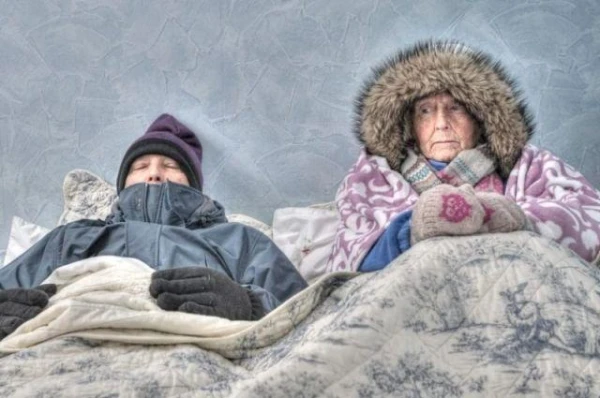
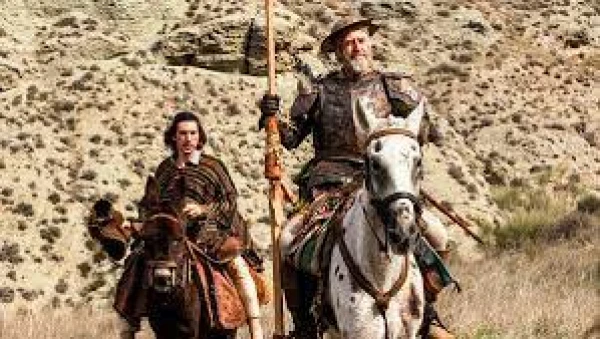

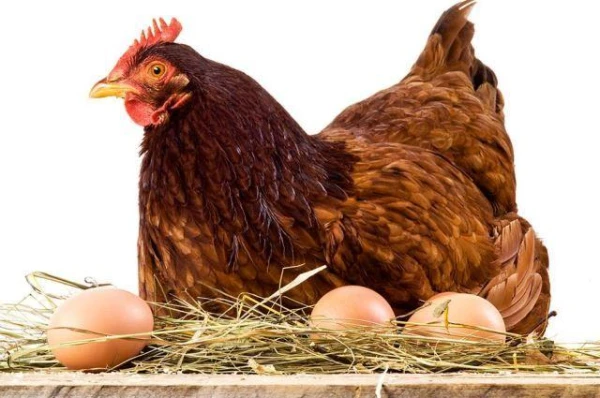
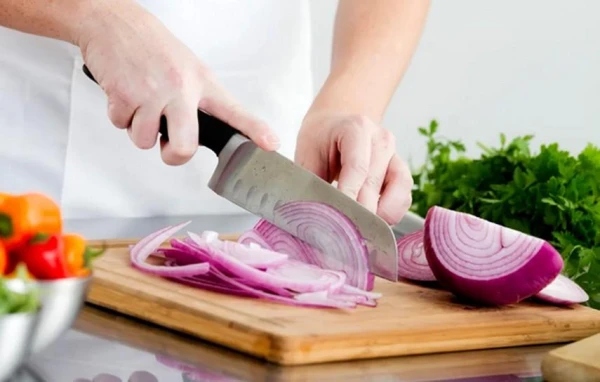



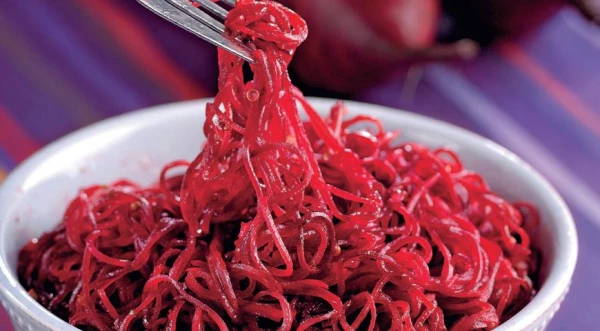

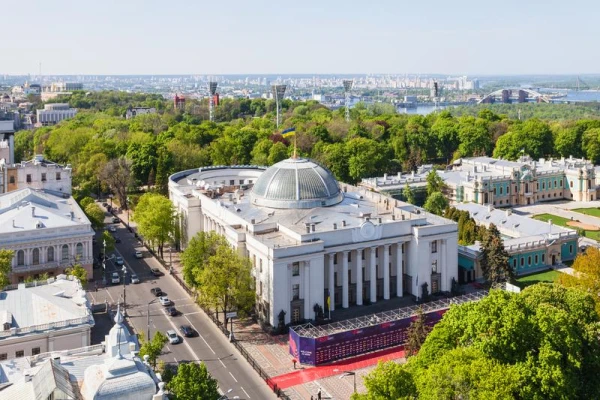
Leave a comment